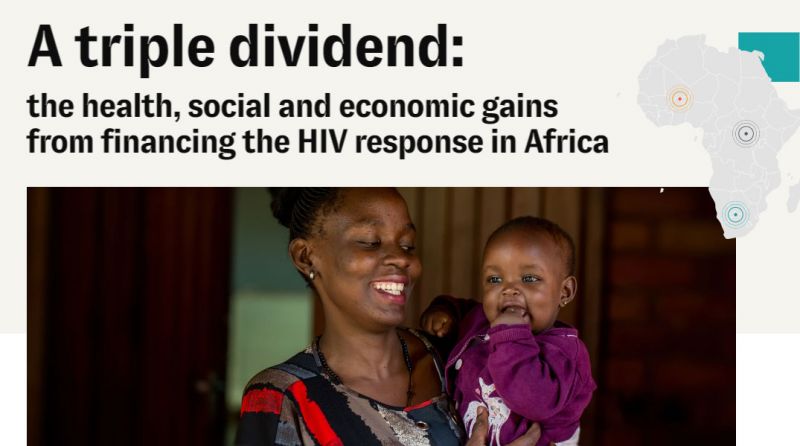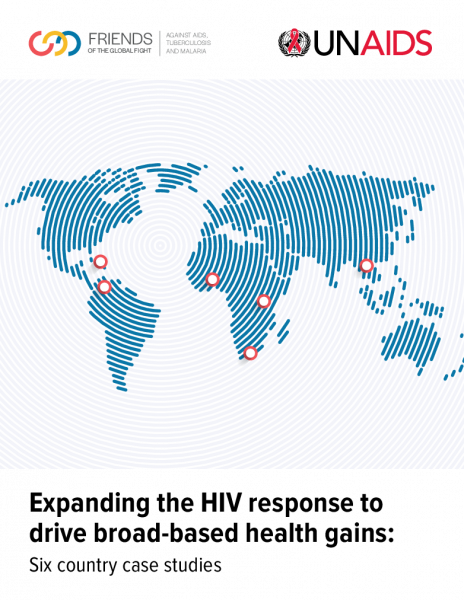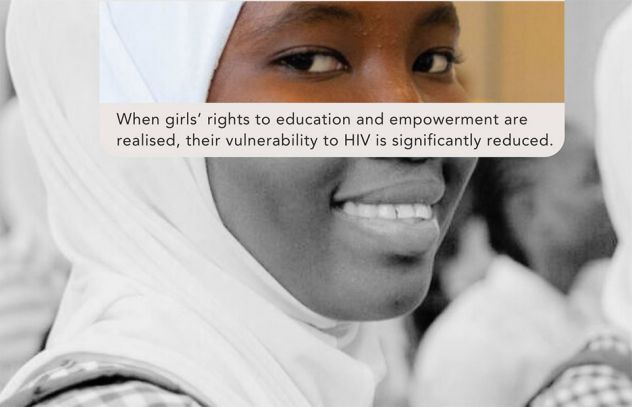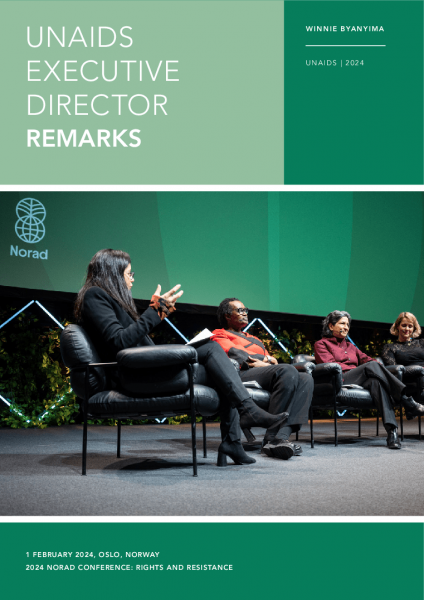Imagine this: you’re a person living with HIV, and your household is facing financial hardship. You decide to run a small grocery business at home, keeping your status hidden. Despite accessing free HIV treatment, you cannot afford other essential health services. And when you need to buy medicine, you don't have enough for your children’s school supplies or nutritious meals.
Low incomes.
Unaffordable healthcare.
Employment insecurity due to HIV-related stigma and discrimination.
These realities create financial hurdles for the poor among people living with HIV and the key populations—gay men and other men who have sex with men, transgender women, sex workers and people who inject drugs.
In Cambodia, stakeholders are working to ensure that the social protection safety net specifically covers people living with, and at risk of contracting, HIV.
“People living with HIV do not only need medication, but also food. If we provide only the drugs they will not survive,” said Tia Phalla, Deputy Director of Cambodia’s National AIDS Authority (NAA). He explained that nutrition support and other non-health related care are an integral part of the national policy for responding to HIV.
Cambodia is among the countries that are on-track to reach the 2025 Global AIDS Strategy testing and treatment targets. As of the end of 2022, an estimated 86% of people living with HIV in Cambodia were aware of their status. Impressively, more than 98% of diagnosed people were receiving treatment and 98% of those on treatment achieved a suppressed viral load last year.
The country hopes to further improve these results while enhancing the quality of life of people living with HIV.
“A key part of the strategy we have advocated for is to include HIV sensitivity in social protection schemes and programmes,” explained Patricia Ongpin, UNAIDS Country Director for Cambodia, Lao PDR and Malaysia. Individuals and families affected by HIV can now benefit from a range of programmes including cash transfer, food assistance, social health protection and scholarships.
Once a person living with HIV registers their household for an Equity Card, they are entitled to monthly stipends. The card also gives holders access to additional medical care. This frees individuals and families from having to choose between healthcare and expenses for other essentials such as education and food.
In 2019 Cambodia officially included people living with HIV in its IDPoor mechanism. This is a system to identify and register households living in poverty. This was followed by the HIV and Social Protection Assessment, conducted in 2020 by UNAIDS and the NAA.
“The assessment made it clear that promoting HIV-sensitive social protection could help reduce the risk of HIV, increase demand for HIV prevention services, and promote HIV testing and safe sexual behaviors, as well as adherence to treatment,” said Ms Ongpin.
To ensure a more inclusive approach for IDPoor registration there must be engagement from key stakeholders including government, local authorities, development partners, and civil society organizations.
With support from UNAIDS and UNDP, Cambodia’s Ministry of Planning launched a web-based system and mobile application for IDPoor registration in December 2022. This approach makes it easier for individuals living with HIV to register at their treatment centers. As of August this year, more than 13,600 people living with HIV have been enrolled.
By leveraging this technology-driven approach, people living with HIV feel confident revealing their HIV status and are empowered to access much-needed healthcare benefits with dignity and autonomy. The solution can also be used to register people from key population communities at risk of contracting HIV.
Community leadership is a key strategy for expanding the initiative’s reach. The Joint Forum of Networks of People Living with HIV and key populations (DFoNPAM) coordinates with the Department of Planning at district level in order to help with IDPoor registration.
One initiative specifically targeted female entertainment workers. A national registration campaign was co-organized by the Ministry of Planning, the Phnom Penh City Hall, and the NAA, with technical assistance from UNAIDS. Around five dozen workers registered during the two-day campaign, receiving Equity Cards for their households.
According to the UNAIDS Country Director, this inclusive approach is key to creating a better future for people living with HIV and key populations.
“To mobilize their participation and register them for Equity Cards, we need to understand the barriers. And to understand the barriers, we need to listen to their experiences, in their own words. By taking this step, people living with HIV and key populations can help shape the conversation and ensure that their voices are heard,” Ms Ongpin ended.






